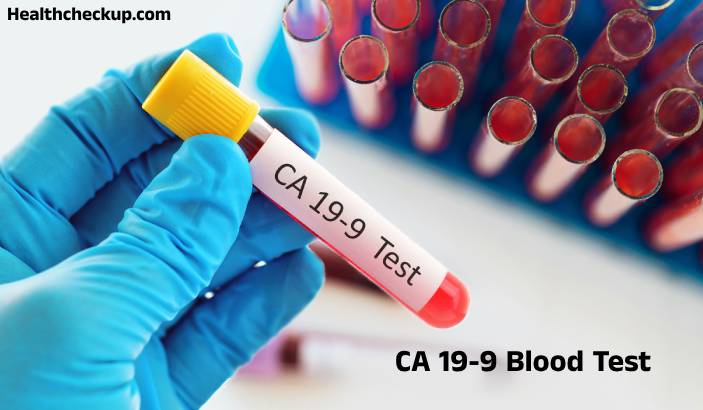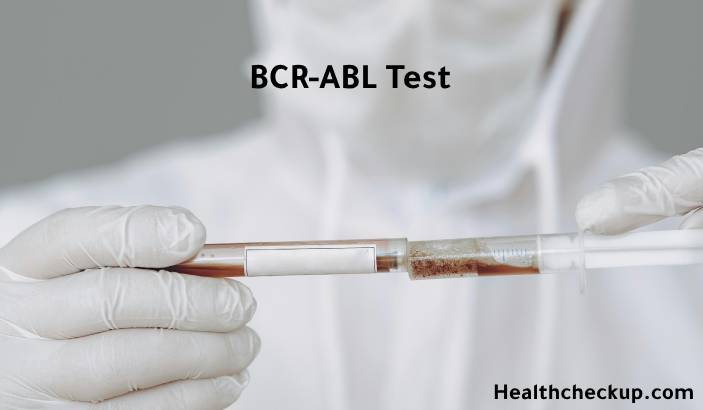The Beta-2 Microglobulin (B2M) blood test is an important diagnostic tool used to measure the level of beta-2 microglobulin in the blood. This protein, part of the major histocompatibility complex (MHC) class I molecules, plays a role in the immune system and can be elevated in certain diseases.
Purpose of the B2M Blood Test
- Monitoring Multiple Myeloma: B2M levels are often elevated in multiple myeloma, making this test useful for diagnosis and staging of the disease.
- Assessing Lymphoma and Leukemia: The B2M test is also used to evaluate other hematological malignancies, such as lymphoma and leukemia, providing insights into the severity of the disease.
- Evaluating Kidney Function: High B2M levels can indicate impaired kidney function, as the kidneys are responsible for filtering this protein from the blood.
- Monitoring HIV/AIDS Progression: In patients with HIV/AIDS, B2M levels can reflect disease progression and immune system health.
Preparation for the Beta-2 Microglobulin (B2M) Blood Test
- Fasting: Generally, fasting is not required for this test, allowing for flexibility in scheduling.
- Medication Disclosure: Inform your healthcare provider about any medications, supplements, or herbal products you are taking, as these could affect the test results.
- Other Health Conditions: Certain conditions, like infections or autoimmune diseases, can influence B2M levels, so it’s important to share relevant health history with your healthcare provider.
Procedure of the Beta-2 Microglobulin (B2M) Blood Test
- Blood Sample Collection: A blood sample is taken from a vein, usually in the arm. The procedure is quick, typically taking just a few minutes.
- Laboratory Analysis: The blood sample is sent to a laboratory where beta-2 microglobulin levels are measured.
- Duration: While the blood draw is quick, it may take a few hours to a day to receive test results, depending on the laboratory’s workload and analysis time.
Beta-2 Microglobulin (B2M) Normal Range
- Typical Levels: Normal B2M levels in blood generally range from 0.8 to 2.2 mg/L. This range can vary depending on the laboratory and the patient’s age, gender, and overall health.
- Lower Levels: Generally indicate healthy kidney function and the absence of diseases that cause elevated B2M.
Results Interpretation
- Elevated Beta-2 Microglobulin Levels: High levels might suggest the presence of hematological malignancies like multiple myeloma, lymphoma, or leukemia. They could also indicate impaired kidney function.
- Gradual Increases: A gradual increase in B2M levels over time may indicate disease progression or worsening kidney function.
- Guiding Treatment: In the context of cancer, the level of B2M can help stage the disease and guide treatment decisions.
Risks Associated with the B2M Blood Test
- Minimal Risks: As with any blood test, the risks include minor pain, bruising, or bleeding at the needle insertion site, with a low risk of infection.
- Anxiety: Given the serious implications of elevated B2M levels, patients might experience anxiety while waiting for results or upon learning the outcomes.
- False Positives/Negatives: While rare, there is a risk of inaccurate results due to technical issues in the laboratory or sample contamination.
The Beta 2 Microglobulin blood test is helpful especially in the context of hematological malignancies and kidney function. By measuring the levels of beta-2 microglobulin in the blood, healthcare providers can gain crucial insights into the presence and progression of diseases like multiple myeloma, lymphoma, and leukemia. This test is also useful for assessing kidney function and monitoring certain infections or autoimmune conditions.
I specialize in writing about health, medical conditions, and healthcare, drawing extensively from scientific research. Over the course of my career, I have published widely on topics related to health, medicine, and education. My work has appeared in leading blogs and editorial columns.








